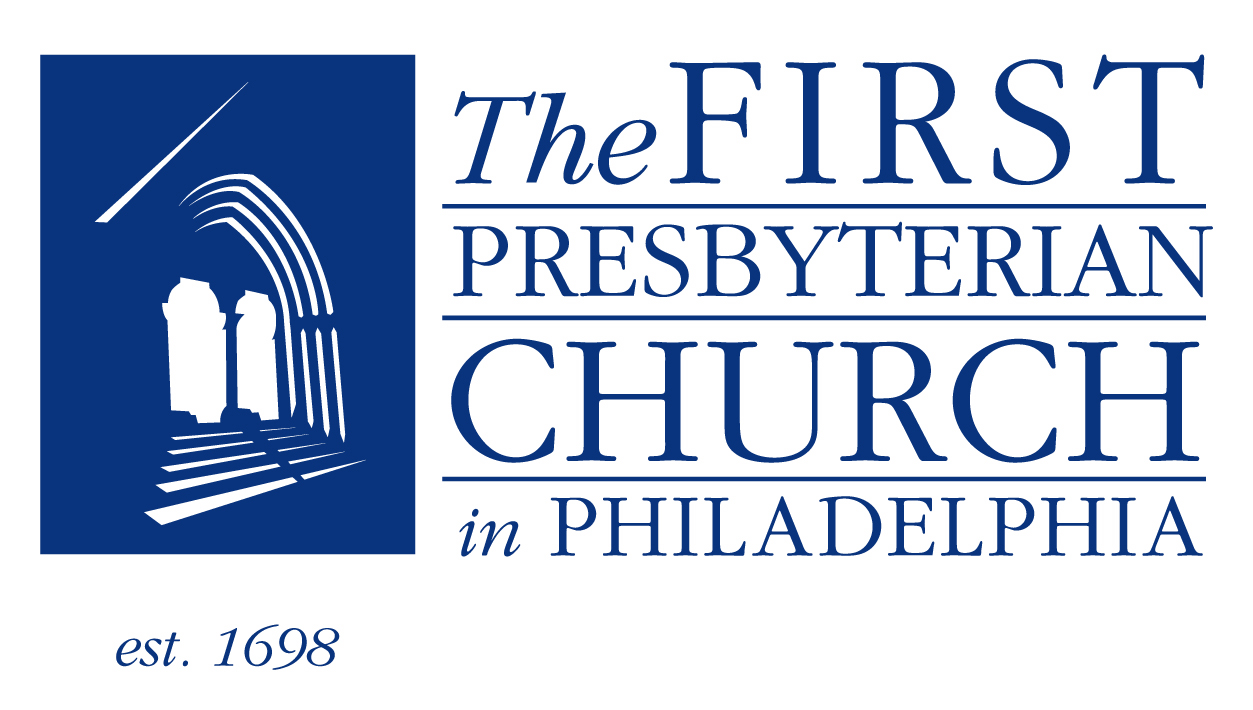Decision Making When Death Comes
The death of a spouse, family member, or close friend can be accompanied by emotions that seem overwhelming. Yet loved ones may be called upon to make very practical, urgent decisions. In addition to pastoral care, the following outline is intended to assist in decision making when death comes.
Actions Upon Death
- If death occurs at home, contact the appropriate authorities (such as 911 or the attending home hospice organization).
- Call the funeral director. Funeral directors will handle many of the arrangements and preparations needed at this time. If possible, before the occasion arises, it is wise to carefully select a funeral director and make an appointment to discuss preferences.
- Call the church. In the ensuing days, the pastoral staff will be sharing the experience and responsibility with loved ones in many ways. Pastoral guidance can be most helpful in easing the burden, assisting in decisions, and marking this holy time. First Presbyterian Church also has a Life Events Team who can be of assistance with some of the logistical arrangements at the church.
Decisions Concerning the Body
In our tradition, Christians may consider a number of options for the physical body of the deceased. Decisions about handling the body should be shared with the pastor and the funeral director. Choices include:
- Burial: the funeral director will provide choices for casket and plot.
- Cremation: First Presbyterian Church has a columbarium on its premises. Information on reserving a niche in the columbarium can be provided by the church office.
- Donation: prior to death, arrangements may be made to donate the body to medical use or research.
Viewing the Body
The church service focuses on worshiping God, consoling the living, and remembering the life of the deceased person. If the body is present at the church for the service, the casket customarily remains closed for the service.
